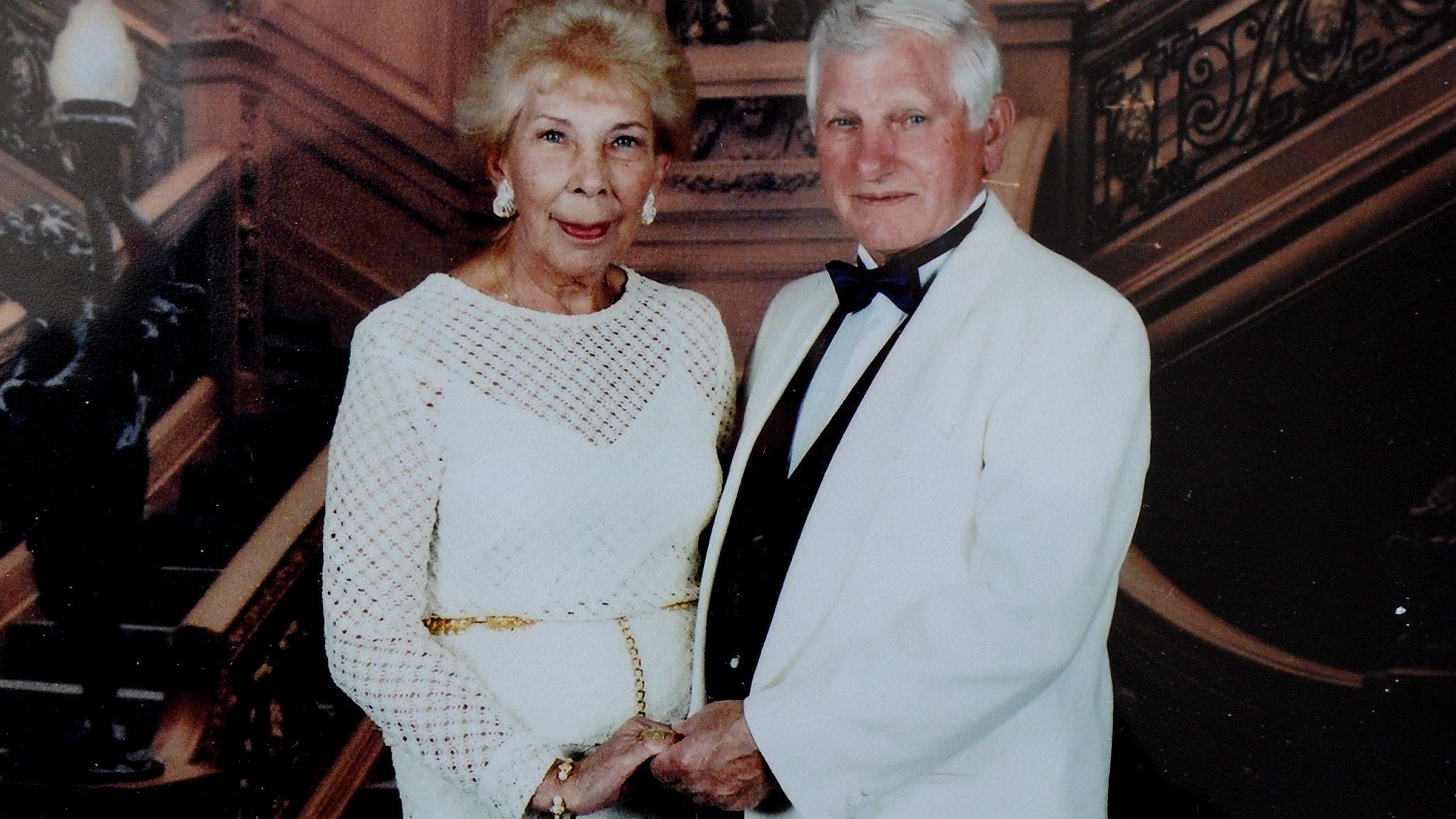Universities confirm asbestos in student bedrooms
- Published
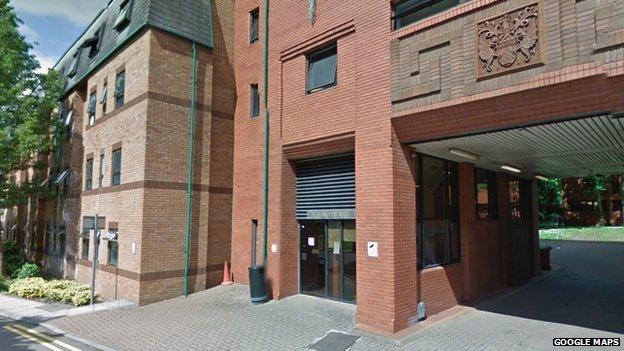
Aberconway Hall in Cardiff has rooms with asbestos, the university has confirmed
More than 3,000 students in Wales slept last year in university bedrooms containing asbestos, BBC Wales has learned.
Cardiff, Aberystwyth and the University of Wales Trinity St David all confirmed they have rooms with the material.
They said that because the material was considered low risk in the rooms, they do not tell students it is there.
The British Lung Foundation called this "reckless" while the National Union of Students called for transparency.
Damage risk
Around 15,000 students in Wales live in university-owned halls of residences.
Asbestos was widely used as a building material from the 1950s until the 1980s, often as fireproofing and insulation.
The Health and Safety Executive, external says that as long as asbestos is not damaged - or located somewhere where it can be easily damaged - it does not pose a risk.
But it says the fibres if inhaled can cause lung complaints like asbestosis and mesothelioma.

Cardiff University, external has the highest number of bedrooms with asbestos - it estimates there are around 1,500 where the material is present at halls including Cartwright Court, Aberconway Hall, Talybont North and Roy Jenkins Hall.
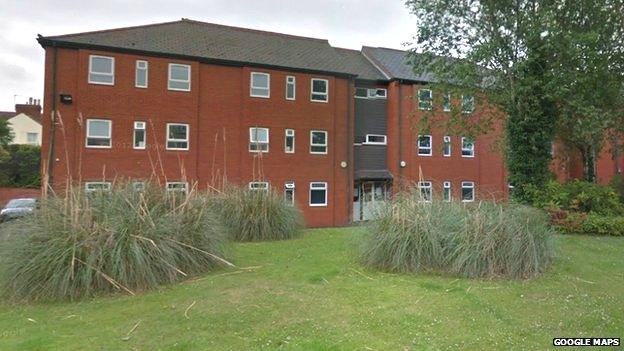
Asbestos is present at Cartwright Court in Cardiff
A spokesperson for the university said: "We hold the health, safety and security of our students in the highest priority.
"In residences where asbestos is present, it is in Artex on ceilings and some walls. All high-risk asbestos has been removed. The remaining low-risk asbestos is securely sealed and would take a serious intervention, such as drilling, to release fibres. Cardiff University, along with other UK universities, informed by HSE guidance, has strong control measures in place to prevent such an occurrence.
"The university will now review its policy with a view to making this information available to students in advance."

Aberystwyth University, external said asbestos was present in 1,088 bedrooms in Cwrt Mawr, Pantycelyn and Penbryn Halls - most of which is in vinyl floor tiles under carpets which the university said posed no risk.
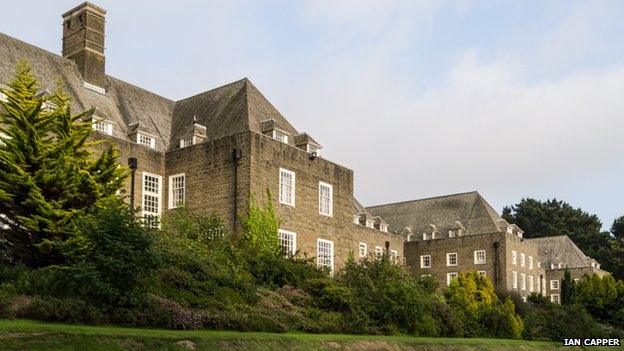
Pantycelyn is one of the halls in Aberystwyth which contains asbestos
A spokesperson for the university said it "complies with legislative standards, and undertakes the appropriate asbestos testing and surveys".

The University of Wales Trinity St David, external said asbestos could be found in 443 rooms at its Lampeter and Carmarthen campuses.
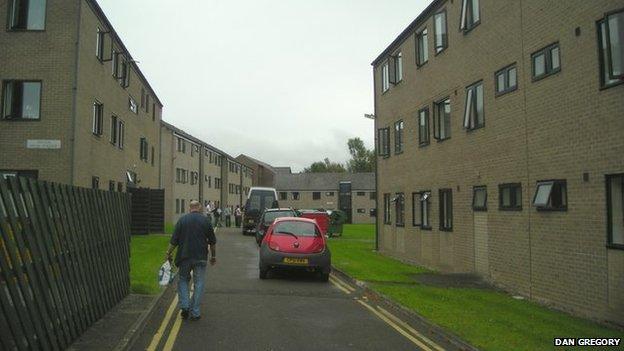
Several halls of residence in Lampeter contain asbestos, including Walker Hall (left) and Dawson Hall (right)
"All student bedrooms at the University of Wales Trinity Saint David have been surveyed in accordance with the relevant Health and Safety Executive requirements," a spokesperson said.
"The university is currently reviewing its position on informing students," they added.

Beth Button, president of the National Union of Students (NUS) Wales, external, said: "It is concerning to hear that such a large number of rooms in university accommodation across Wales may contain asbestos.
"We strongly encourage institutions to take this issue seriously and put the safety of students first, whilst ensuring they remain completely transparent with students about the standards of their accommodation."
Students sleeping in university rooms where asbestos is present should be trusted with dealing with the potential risks, says a specialist.
Dr Emrys Evans, chest physician and spokesperson for the British Lung Foundation Wales, external, said he was concerned after their research in 2012 found that "awareness of asbestos in Wales is generally quite low, with just 27% of people able to confidently identify asbestos in their homes".
"Exposure can often occur unwittingly, and so wherever people live or work they should reliably be informed of the presence of asbestos. Not to do so is reckless," he added.
The information was given to BBC Wales as a result of a Freedom of Information (FoI) request.
Four Welsh universities - Cardiff Metropolitan, Swansea, Bangor and Glyndwr - said none of the rooms in their accommodation contained asbestos.
The University of South Wales said some rooms at its Caerleon campus contained asbestos but they were no longer used.
- Published20 August 2014
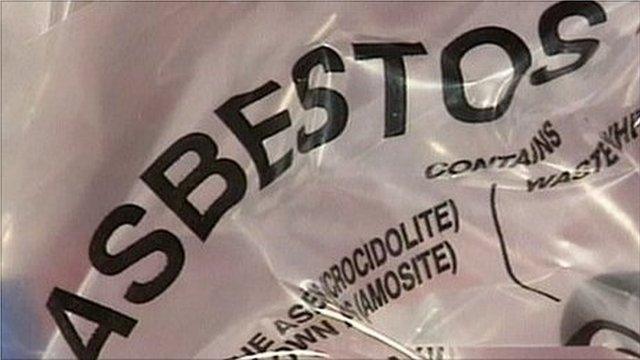
- Published20 August 2014
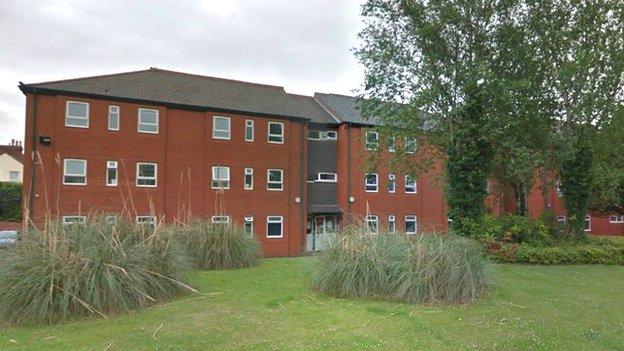
- Published14 April 2014
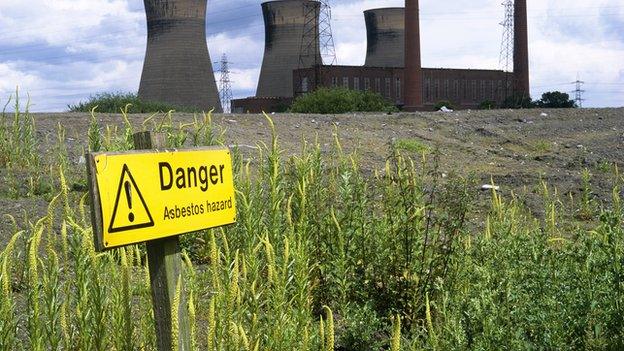
- Published6 January 2014
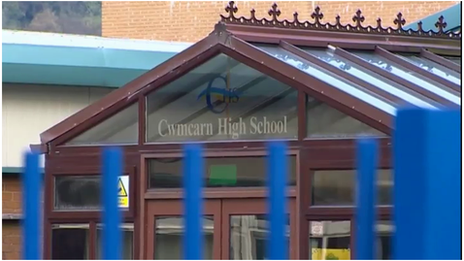
- Published11 December 2013
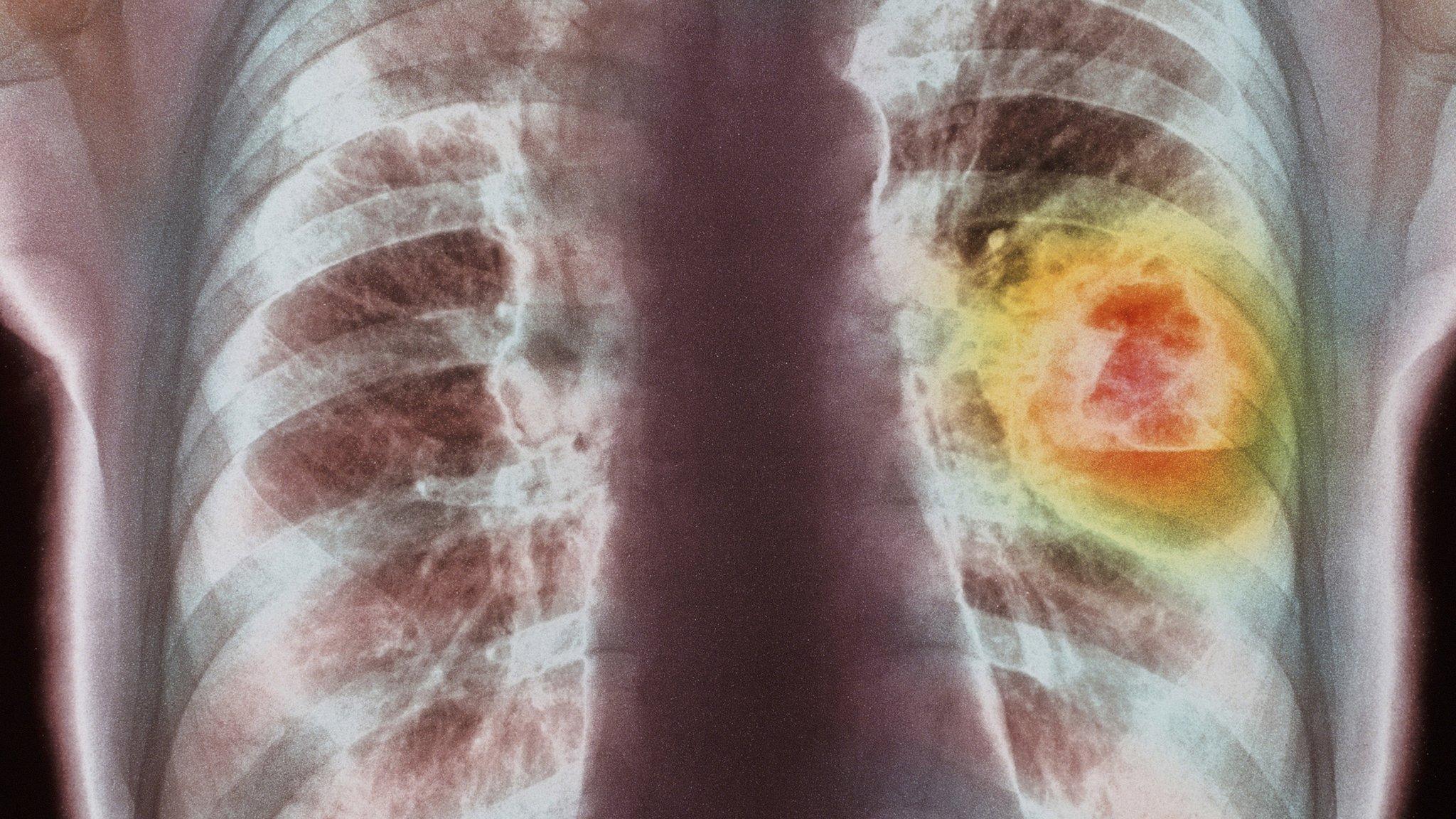
- Published14 March 2013
